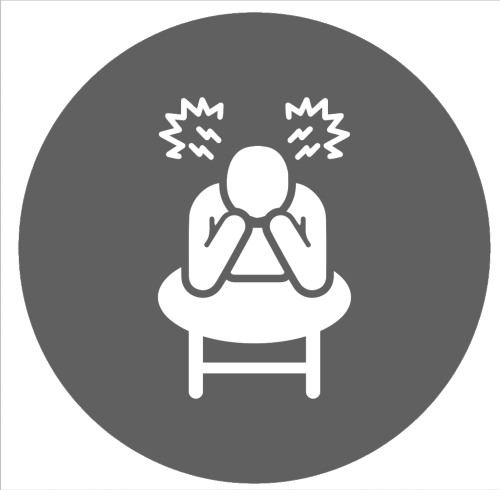Navigating Societal Events on Education
Imagine being 8–10 years old and suddenly finding out one of your parents or caregivers lost their job, seeing them stressed and crying, being told they can’t afford to do things you always did, having to move because your family can’t afford to live there anymore. Imagine having your parents or caregivers take on extra jobs to make ends meet, leaving little time for attention to you. Imagine this going on for several years. Welcome to the reality of the years from 2007–2009: the longest recession since World War II.
Who grew up in those years? Generation Z! . . . your new teachers!
Leading Gen-Z Teachers
If you want to lead people well, think back to their formative years to find out what world events shaped their thinking and emotional makeup.
Now not everyone had a bad experience back then. If your parents or caregivers were teachers, you probably weren’t affected much, as teachers weren’t being laid off. On the other hand, if they were stockbrokers or bankers, look out! And if they were hourly-wage earners, they may have lost their jobs. I watched the local coffee shop baristas shift from being high school students to middle-aged workers during that time. Think about it: Those people losing their jobs seemed like a win for a local coffee shop over a high school student. High school students were having a terrible time finding work during the recession. So I don’t want to generalize this to everyone, but let’s look at 7 characteristics of Gen Z to see how best to lead them, given their earlier life experiences:

Seven Characteristics of Gen Z Teachers and Leadership Strategies

Financially Focused and Ambitious:
Raised during economic uncertainty, Gen Z teachers value financial security. Support this by fostering a Culture of Professional Learning, offering opportunities for career advancement, and ensuring financial stability in their roles.

Passionate About Travel
Utilize their love for travel to design creative, place-based learning experiences. For virtual programs, consider the flexibility of teacher locations, leveraging their global awareness.

Anxiety Awareness
Be mindful of the stress and anxiety prevalent among Gen Z, especially in education. Avoid alarmist attitudes, provide clarity and stability, and focus on creating a positive, solution-oriented environment.

Boundary Setting
Respect their work-life balance. Ensure productivity during work hours to prevent the need for after-hours preparation. Set clear communication boundaries, avoiding off-hours emails and texts.

Gaming Enthusiasts
Social interaction over a game is a great way to relax! You know, gaming increases executive function — not a bad idea to include gaming in the classroom. I always had a chess game going in my own classroom, and I think it led to the increase in my students’ test scores. And maybe a breakout room could be a fun PD-day activity, especially if teachers map the skills they need to succeed to executive function skills.

Nostalgic and Consistency-Seeking
Their preference for reflecting on the past, particularly the pre-recession era, indicates a desire for stability and consistency. Incorporate these elements into your school culture and meetings.

Social Media for Inspiration
Utilize social media platforms to inspire and engage Gen Z teachers. Be deliberate in your postings and understand their comfort with technology, including AI, while acknowledging their hesitations.
Empowering Gen Z Educators for Success
Your new Gen Z teachers have the potential to be dynamic forces in education. Remember their backgrounds and preferences for consistency, calmness, and inspiration. Support them meaningfully to ensure they feel safe and valued in their roles. A supported Gen Z teacher is more likely to remain committed to the profession.
IDE Corp. provides online and in-person support for new teachers. Check out our Virtual Learning Communities at edquiddity.com/VLC; our online, on-demand Professional Learning Experiences, and our consulting services at idecorp.com.
